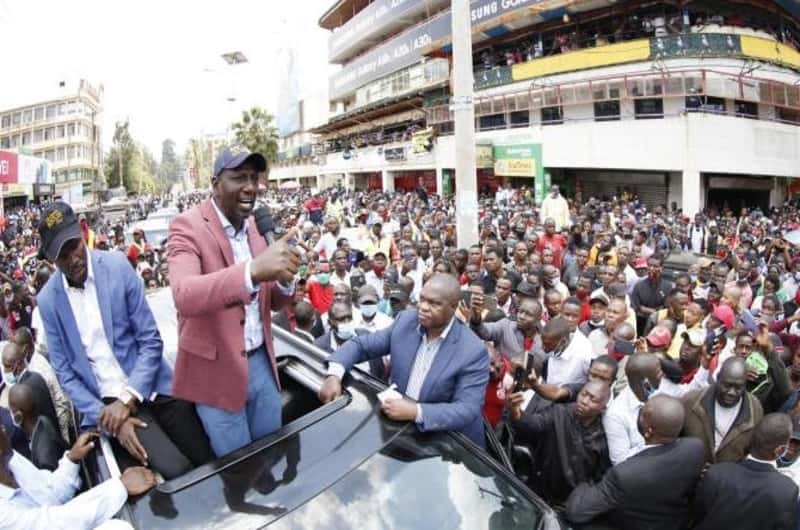×
The Standard e-Paper
Fearless, Trusted News

Writing in the Journal of Democracy in 2008, Michael Chege, a Kenyan scholar based in the US, observed that President Mwai Kibaki’s PNU had failed to neutralise Raila Odinga’s Orange Democratic Movement’s (ODM) alluring message.
“The ODM,” he wrote, “was appealing to people’s hearts with passionate reminders of economic exclusion, while the Party of National Unity (PNU) was appealing to their minds with dry statistics depicting a promising economic future.”